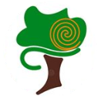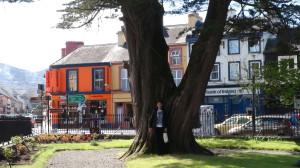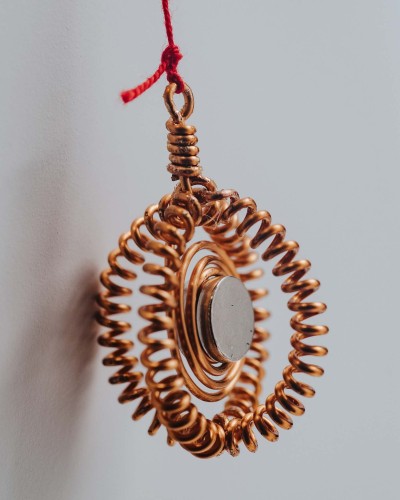During a Thursday evening ‘serata’ meeting at Damanhur featuring questions and answers about various research topics, Falco—the founder of Damanhur—elaborated on the Tree Orientation project. Here are some thoughts he shared with us…
Question: Does orienting tress in cities have side effects, even unconsciously, on the quality of life for the people who live there? … considering that one of the disadvantages of living in urban areas is precisely this disconnection from the plant world.
Falco: We can at least offer help for the plants. Plants in cities are like fish in an aquarium. They are isolated with respect to the context and the rest of the environment. With tree orienting, we offer them a way to reconnect themselves with the other plant species, even if they are thousands of kilometers away. If people are sensitive, they may also find harmony, connection and advantages, although it depends on the sensitivity of the individual.
A tree in a city is seen as something that needs to be trimmed in certain seasons, while at other times, it can be useful for shading the car in the hot sun. Other times, a tree is irritating because it takes up parking spaces. The vision of the plant world often stops at this level. If there is a park in the city, it may be used for anything and everything expect having a relationship with the plant world.
Everyone can achieve their own level of growth, development, will power and energy, or they can let disenchantment extinguish whatever it touches. It depends on what each of us wants to do, and what any individual we represent wants to do—seeing as how we are members of this species.




Add new comment